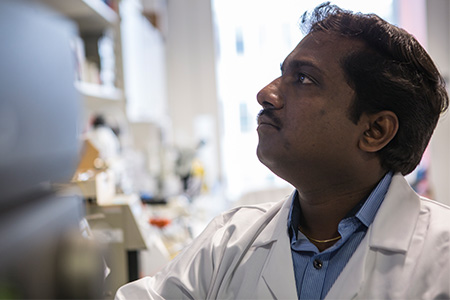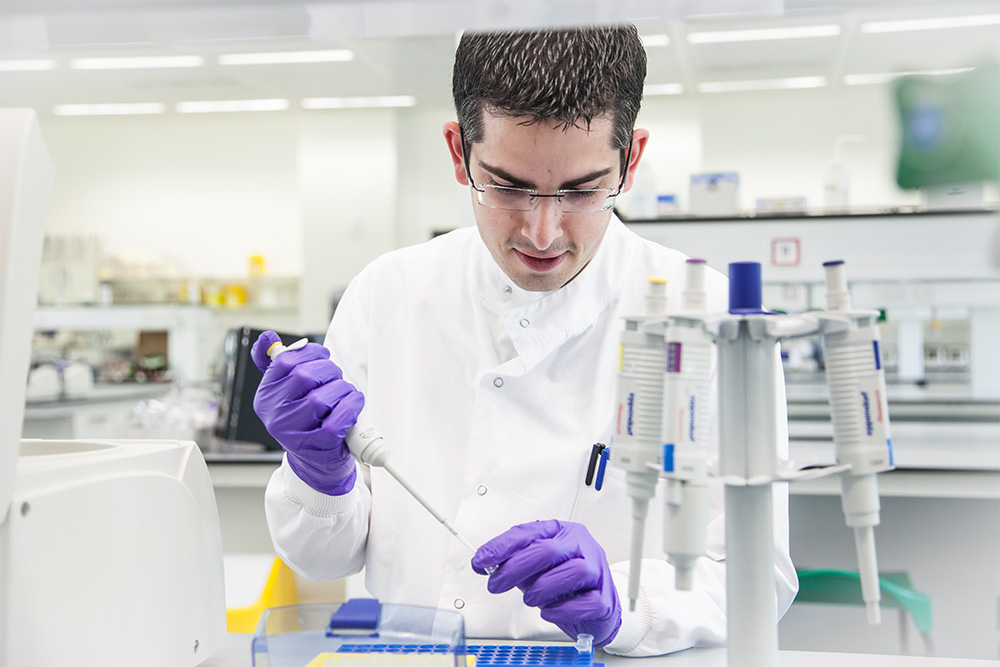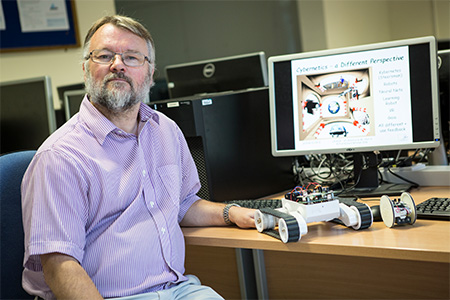
Sakthivel Vaiyapuri, Professor
I've been at the University since 2004, when I came to start a PhD on snakebite/venom research. I have found my time here very exciting and have worked with many people from different departments at the University.
I'm from a small village in Tamil Nadu, India, and have seen a lot of snakebites in and around my village. When I was just 11, I was almost bitten by a cobra and narrowly escaped. Throughout my lifetime, I've witnessed no improvement in snakebite treatment at all: the technology we are using to treat snakebites is almost 150 years old.




